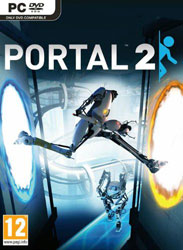 Valve was robbed by a last-minute goal here. Portal 2 comfortably led the race to be the best game of the year for much of the calendar as we suffered through the paucity of releases, only being pipped when other great developers got their arses in gear and, you know, actually released some games.
Valve was robbed by a last-minute goal here. Portal 2 comfortably led the race to be the best game of the year for much of the calendar as we suffered through the paucity of releases, only being pipped when other great developers got their arses in gear and, you know, actually released some games.
Had it gone the distance, though, Portal 2 would have been a worthy game of the year. It expanded a wonderful little idea from The Orange Box into a full-price game without losing any of the charm, and in my book it finally put to bed that old debate about whether games can be funny. It did it intelligently too, not relying on the small pile of overused memes that the original left in its wake – no cake and only a cameo for the Companion Cube – and through a script that’s far too good for a mere game.
My favourite joke? The way it even gets the system-level notifications in on the gag in The Part Where He Kills You. That’s wonderfully self-aware, up there with when Batman: Arkham Asylum made me me think my 360 was red-ringing again and when Eternal Darkness would simulate technical failures for games breaking the fourth wall without simply copying the movie’s methods. Valve did that for drama in Half-Life – no showing you a movie to advance the story there – and now it’s done it with comedy. That company is doing more to advance gaming as a storytelling medium than any other.
Full credit, also, for Valve extending its famous generosity to us console peasants, at least on the PS3. Getting a PC and Mac version thrown in with cross-platform functionality was a brilliantly good idea that showed how forward-thinking Valve is, and also illustrating one major benefit of a more open online suite like PSN. If only there were more Steam for PS3s and fewer Metal Gear Onlines when developers are given such freedom.

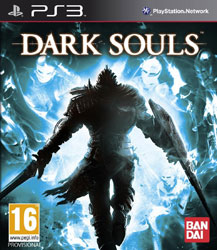 Because seemingly nobody else can, I’m going to give my opinion on Dark Souls without mentioning the fact that it’s really hard. Apart from that time. And to say that it’s not as hard as some drama queens have made out.
Because seemingly nobody else can, I’m going to give my opinion on Dark Souls without mentioning the fact that it’s really hard. Apart from that time. And to say that it’s not as hard as some drama queens have made out.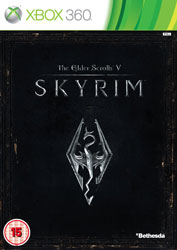 Imagine the plaudits a Bethesda game could boast if it made one that actually worked. Skyrim suffers from fundamental bugs that have plagued this new/old engine through Oblivion and two Fallout games so far, and yet it’s still managing to clock up incredible numbers of awards along the way. I can only assume that a Bethesda game with actual polish, once the critics recovered from the shock of it, would result in calls for all other developers to give up and go home for the year.
Imagine the plaudits a Bethesda game could boast if it made one that actually worked. Skyrim suffers from fundamental bugs that have plagued this new/old engine through Oblivion and two Fallout games so far, and yet it’s still managing to clock up incredible numbers of awards along the way. I can only assume that a Bethesda game with actual polish, once the critics recovered from the shock of it, would result in calls for all other developers to give up and go home for the year.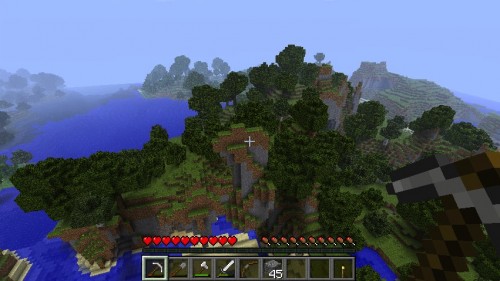
 The second iPhone game on this list is probably more typical of the kind of thing that gets all the plaudits in indie circles: a solo developer, gorgeous art, and simply a good idea done extremely well. I adore a bit of score-chasing on the phone, and I found myself losing hours to the hypnotic flow of Tiny Wings, falling into a rhythm that changed with the day’s randomly generated terrain.
The second iPhone game on this list is probably more typical of the kind of thing that gets all the plaudits in indie circles: a solo developer, gorgeous art, and simply a good idea done extremely well. I adore a bit of score-chasing on the phone, and I found myself losing hours to the hypnotic flow of Tiny Wings, falling into a rhythm that changed with the day’s randomly generated terrain.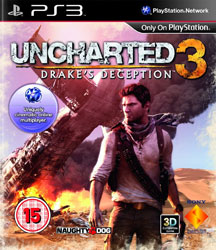 In what was a quiet year for me, my ambivalence towards Uncharted 3 was one of the few things that got me
In what was a quiet year for me, my ambivalence towards Uncharted 3 was one of the few things that got me